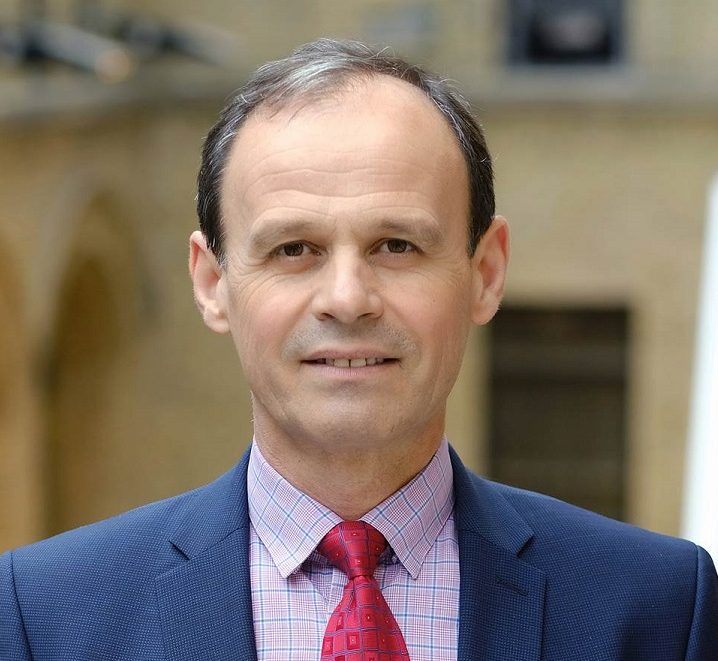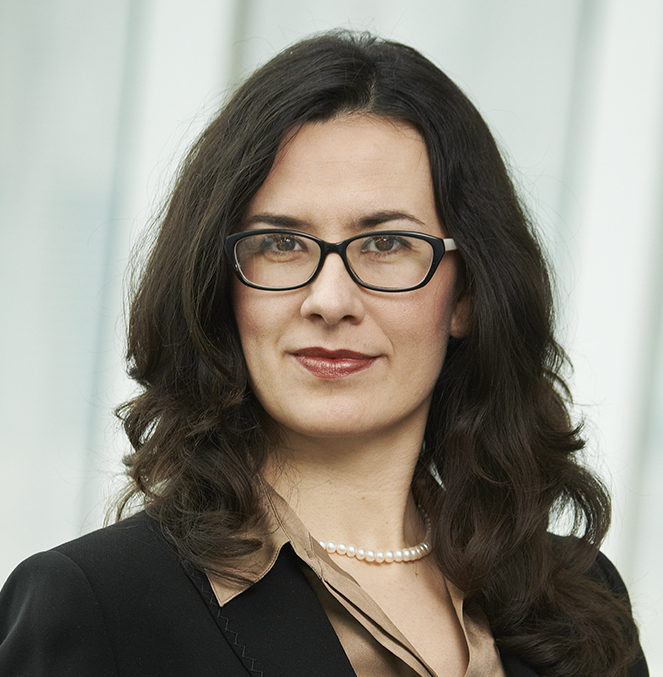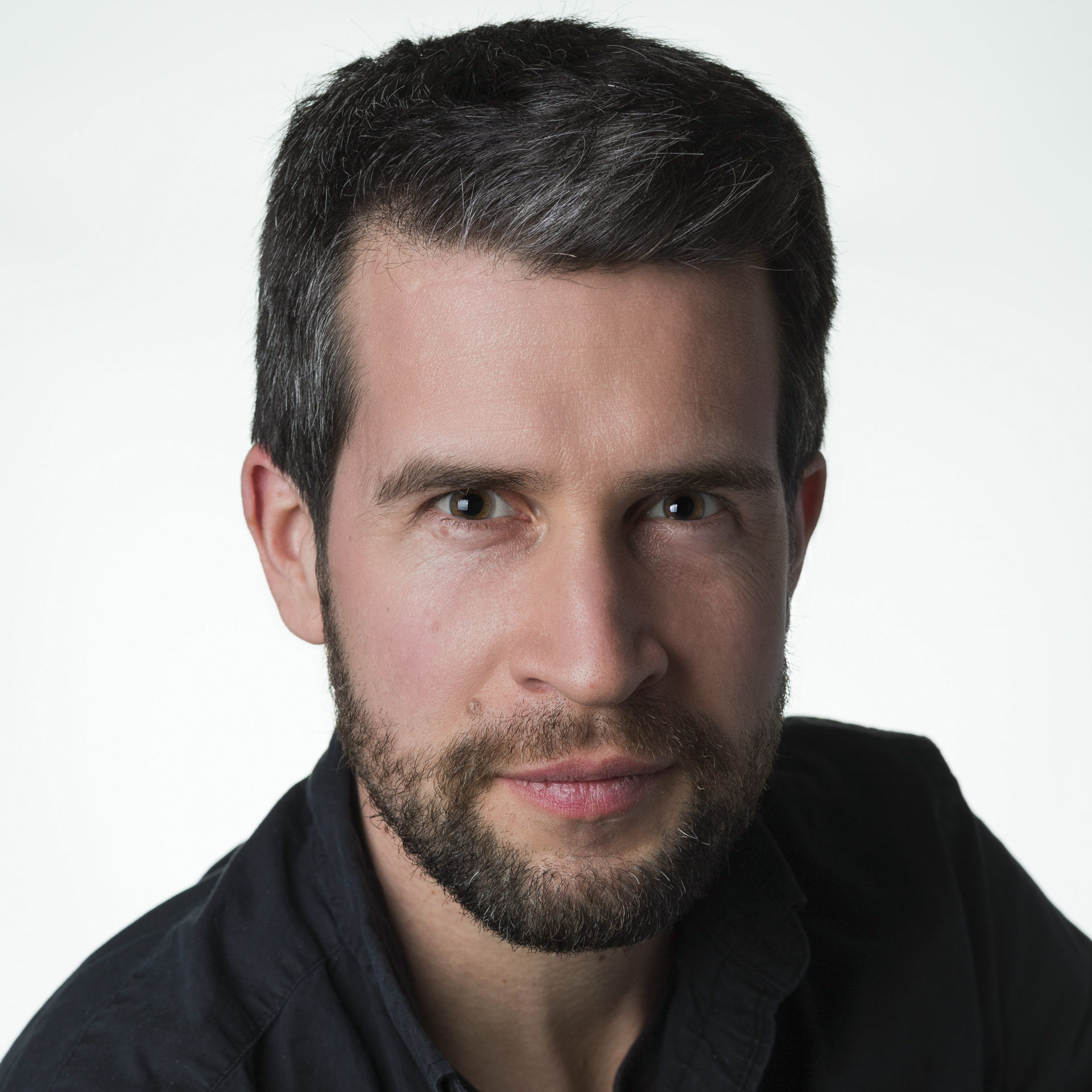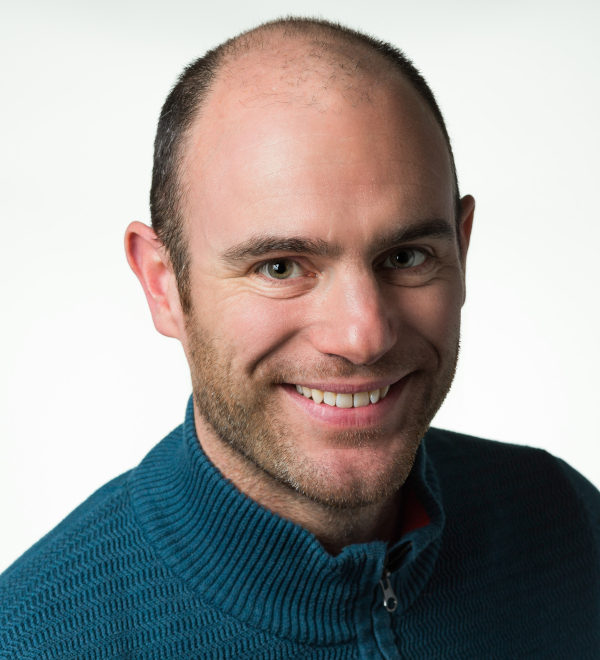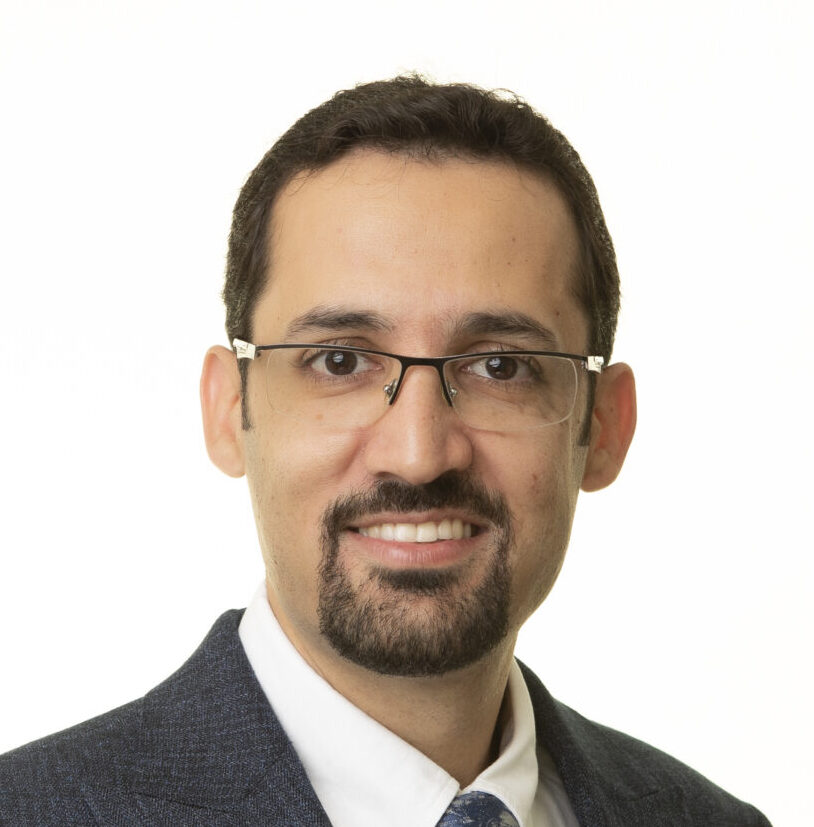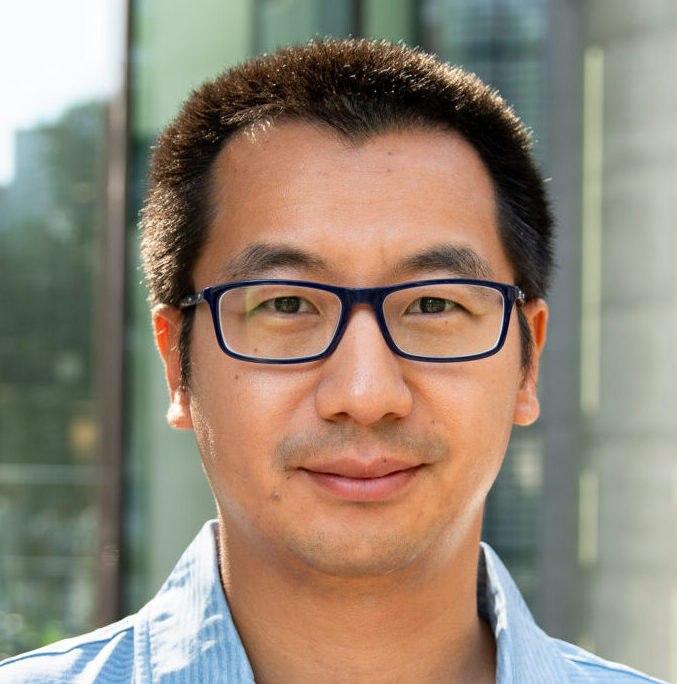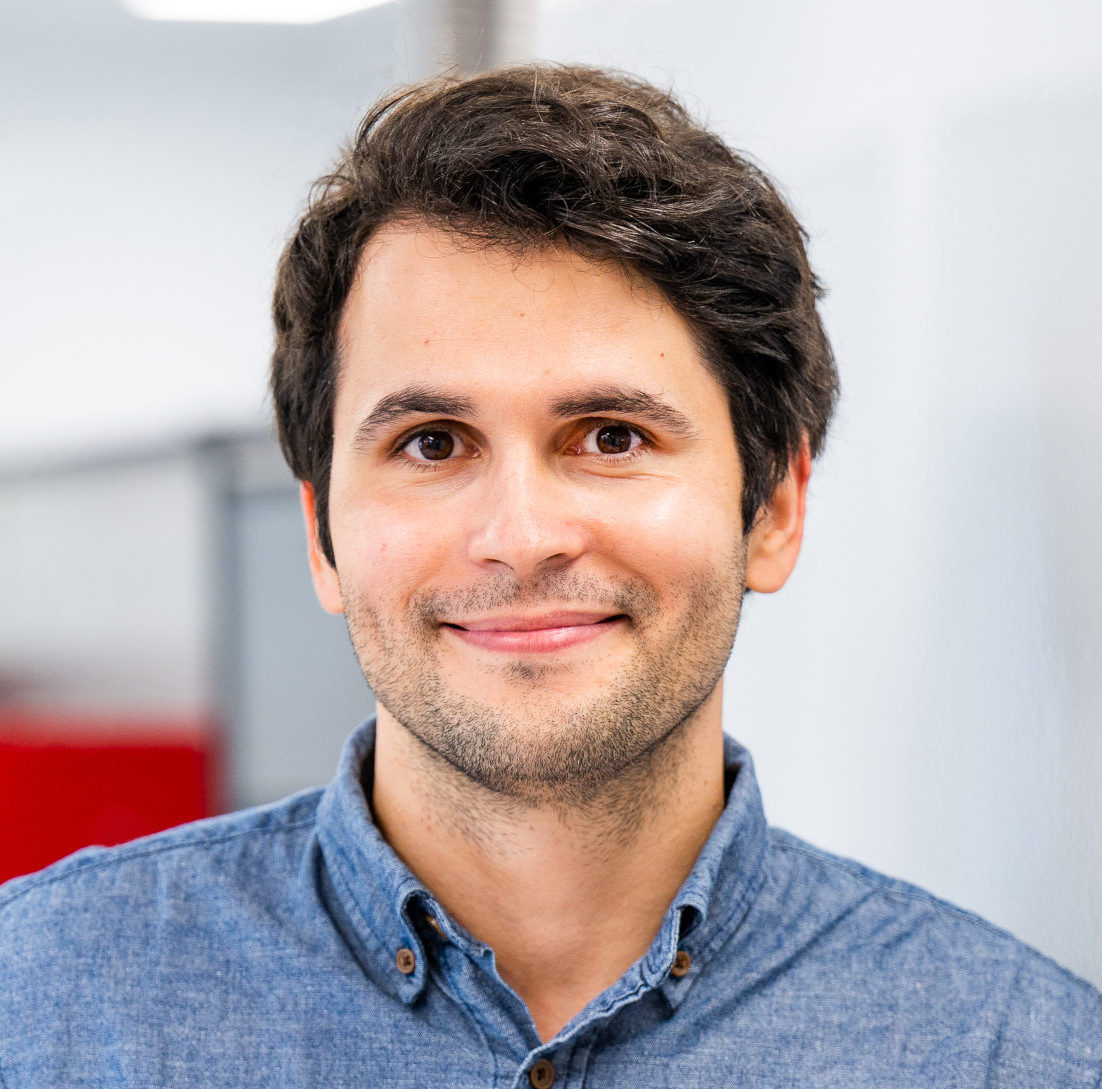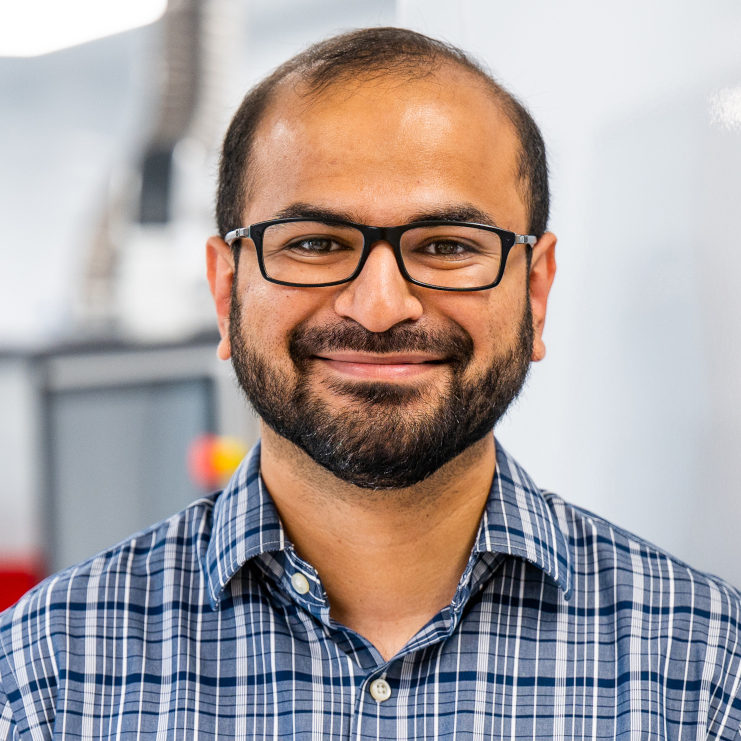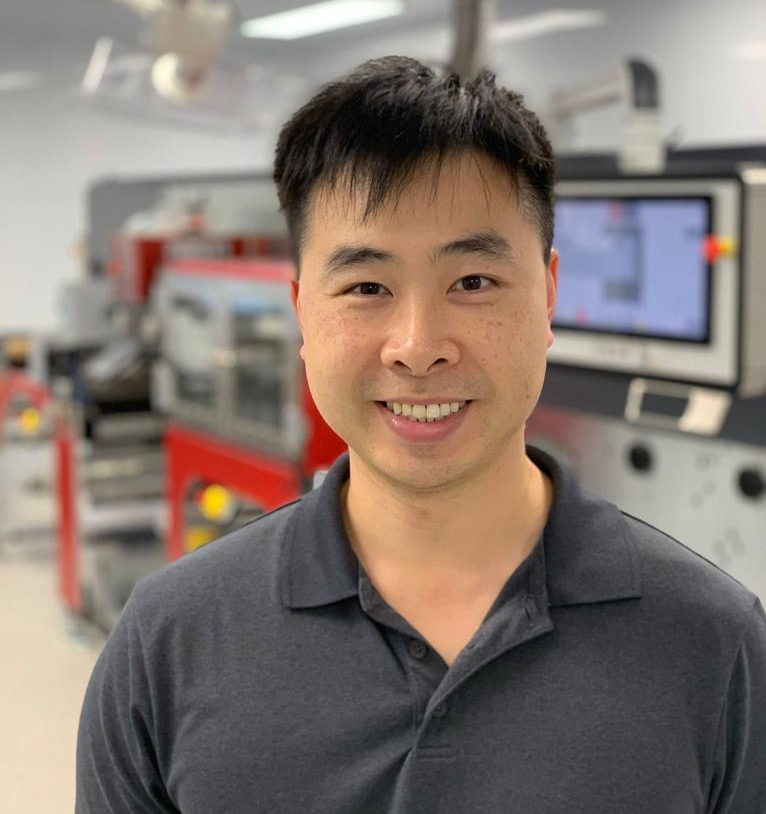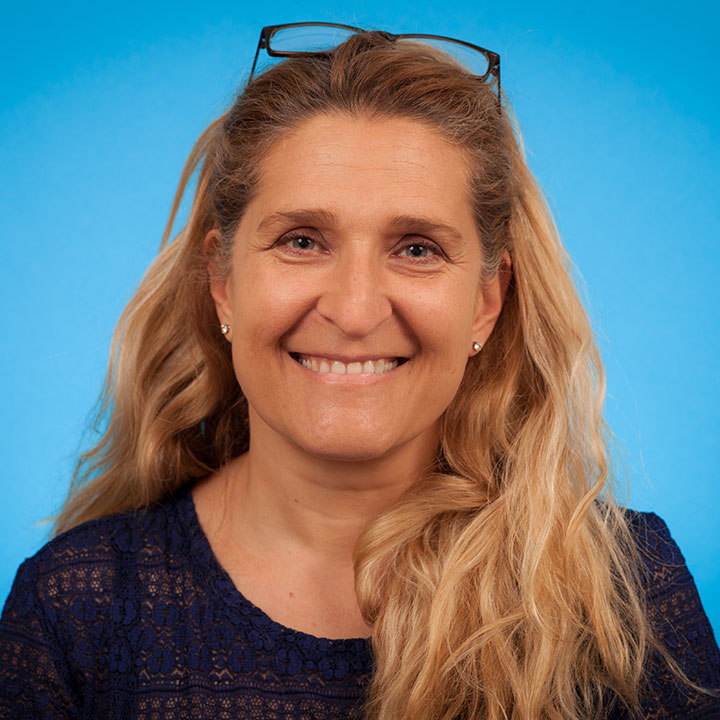
Claudia dos Santos, MD, MSc, FRCPC
Co-Director
Dr. dos Santos is a Critical Care Physician and Scientist at Unity Health Toronto and a Professor in the Department of Medicine at the University of Toronto. She holds the Robert and Dorothy Pitts Chair in Acute Care and Emergency Medicine. Dr. dos Santos is an international leader in functional genomics and bioinformatic approaches to identify disease mechanisms, biomarkers and novel therapeutic targets in critical illness and acute lung injury. Towards these goals, she has developed various model systems from basic epithelial cell stretch models to animal models of lung injury. She has extensive expertise in co-developing new medical technologies for the ICU, evaluating them in clinical settings and leading clinical trials. She is a champion of the use of microfluidic technologies in clinical research and practice, and has collaborated extensively with the Bio-Analytical MicroNano Devices section (BioAMND) at the National Research Council of Canada.
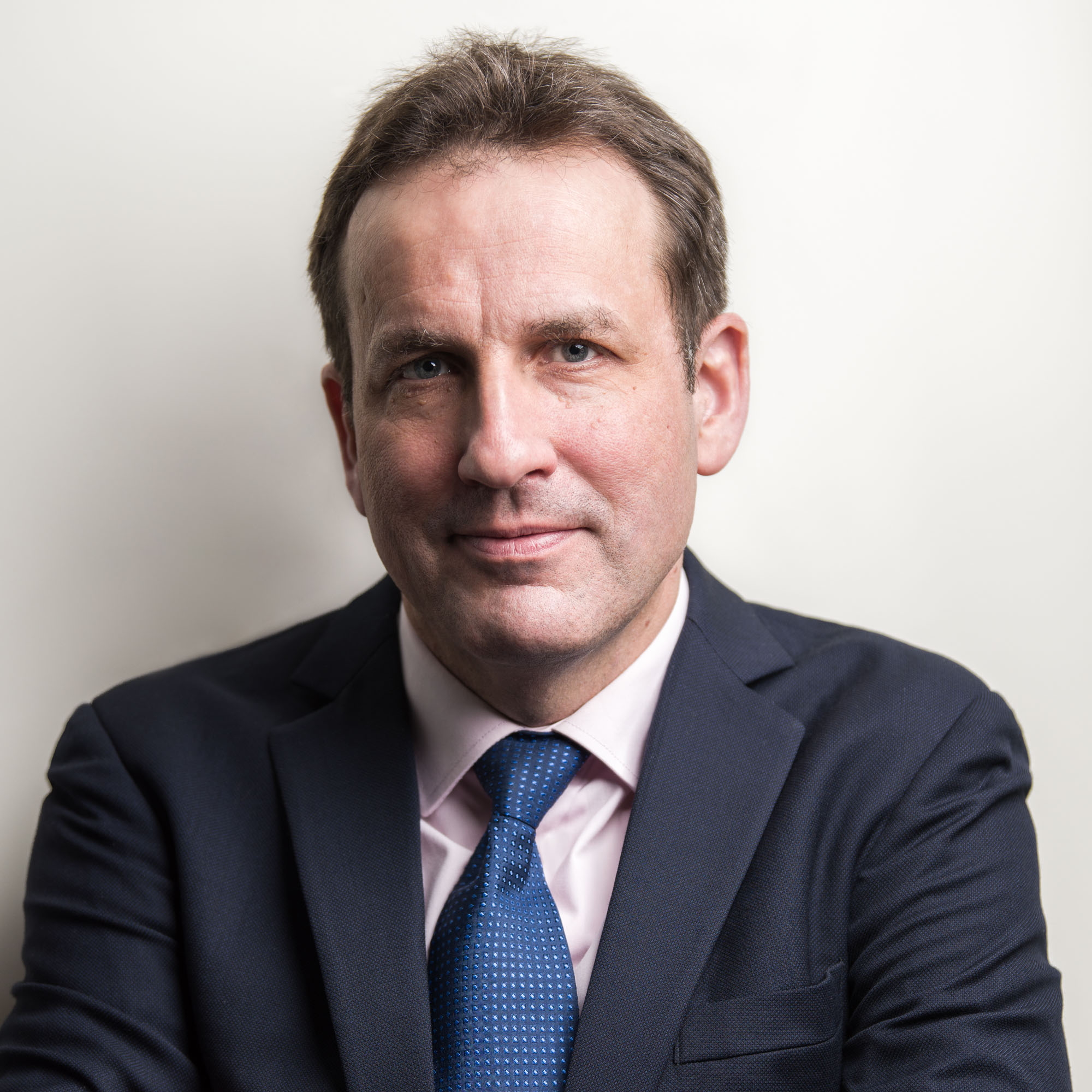
Axel Guenther, PhD
Dr. Guenther is a Professor in the Department of Mechanical & Industrial Engineering at the University of Toronto. He is an internationally recognized mechanical and biomedical engineer with expertise in nano/microfabrication and microdevices for applications in organs-on-chips and 2D and 3D printing of organized soft materials (e.g., engineered human tissue substitutes). His team has invented several patented 3D bioprinting approaches to mimic nature’s ability to rapidly achieve the controlled hierarchical organization of cells and biomolecules within robust constructs. These include a handheld 3D printer that can in situ deliver skin precursor sheets for the treatment of full-thickness burns. His team also introduced one of the first organ-on-a-chip platforms, a microfluidic device for the functional characterization of intact small blood vessels. This ‘blood vessel-on-a-chip’ device is now sold commercially by Quorum Technologies. Dr. Guenther has been named Inventor of the Year at the University of Toronto.
Teodor Veres, PhD
Dr. Veres leads the Bio-Analytical MicroNano Devices section (BioAMND) at the National Research Council of Canada in Boucherville, Quebec. He is an Adjunct Professor in the Department of Mechanical and Industrial Engineering at the University of Toronto, the Department of Biomedical Engineering at McGill University and the Faculty of Medicine at Laval University. Under his leadership, the BioAMND has filed over 135 patent applications, 37 of which were granted, and licensed 8 of its technologies. Dr. Veres pioneered the use of thermoplastic elastomeric materials (TPEs) for the rapid, low-cost fabrication of lab-on-chip microfluidic devices with scalable methods and materials. These advances are paving the way for the mass production and broad deployment of low-cost complex microfluidic devices. His team at NRC developed the PowerBlade, a microfluidic technology that will soon be deployed to the International Space Station through a collaboration between Canadian Space Agency and the Canadian space industry.
Milica Radisic, PhD
Dr. Radisic is a Professor in the Department of Chemical Engineering and Applied Chemistry at the University of Toronto and a Senior Scientist at the University Health Network. She holds a Tier 1 Canada Research Chair in Organ-on-a-Chip Engineering, and her team has created foundational technologies in this field, such as Biowire, AngioChip and inVADE platform. Her work focuses on cardiac tissue engineering and biomaterials, and includes the development of in vitro models, using microfluidic devices, for cell injection and drug testing. Dr. Radisic has received numerous distinctions, such as the Queen Elizabeth II Diamond Jubilee Medal and the EWR Steacie Prize from NSERC. She is a Fellow of the Royal Society of Canada, Tissue Engineering and Regenerative Medicine Society and American Institute of Medical and Biological Engineers. She is a co-founder of TARA Biosystems, a biotechnology company that provides predictive in vitro human cardiac tissue models for use in drug discovery, safety assessment and translational medicine. Dr. Radisic leads two programs which are closely linked to CRAFT: the NSERC CREATE Training Program in Organ-on-a-Chip Engineering and Entrepreneurship (TOeP) and Ontario-Québec Center for Organ-on-a-Chip Engineering (oqCORE).
Aaron Wheeler, PhD
Dr. Wheeler is a Professor in the Department of Chemistry and the Institute of Biomedical Engineering at University of Toronto. He holds a Tier 1 Canada Research Chair in Microfluidic Bioanalysis. His research focuses on creating ‘labs-on-a-chip’ microfluidic devices and exploring the unique capabilities of digital microfluidics for a variety of applications, including chemical synthesis, clinical sample preparation and tissue engineering. He has developed an inexpensive point-of-care microfluidic device capable of quantifying disease biomarkers in a pin-prick sample of blood. This device has been rigorously validated for rapid assessment of population immunity to vaccine-preventable diseases in refugee camps in Kenya and outdoor testing sites in Democratic Republic of Congo. He has been awarded the SCIEX Microscale Separations Innovations Medal and Award and the Lab on a Chip Pioneer of Miniaturization Award from the Royal Society of Chemistry.
Daniel Brassard, PhD
Member, Scientific Committee
Dr. Daniel Brassard is a Senior Research Officer who leads the Microfluidic Systems team at the National Research Council of Canada, Medical Devices Research Center. He received a PhD in Material Science (INRS – University of Québec, 2007) and BEng in Engineering Physics (École Polytechnique, 2002). He leads the development of lab-on-a-chip technologies for point-of-care, clinical, environmental, food/water safety and space applications. His main areas of research include: (i) next-generation centrifugal microfluidic technologies for the automation and deployment of complex bioanalytical assays; (ii) integrated chip-based biomolecular assays for the identification of nucleic acids, proteins, bacteria and viruses in clinical and remote settings; (iii) materials and processes for the fabrication of low-cost thermoplastic microfluidic devices; (iv) highly-integrated electrowetting-based digital microfluidic technologies for the detection and identification of biological targets; and (v) microfluidic magnetic capture technologies for the isolation of target analytes from raw samples. Dr. Brassard also leads the development of next-generation interactive and dynamic document security technologies.
Keith Morton, PhD
Member, Scientific Committee
Dr. Keith Morton is a Research Officer and Micro-Nanofabrication Team Lead in the BioAnalytical Micro-Nano Devices section at the National Research Council of Canada. Dr. Morton studied Engineering Physics at Queen’s University, Canada before completing a PhD in Electrical Engineering at Princeton University, USA. At the National Research Council, Keith has led numerous industrial translation projects with external commercial clients including start-up companies and multi-national corporations, specifically to bridge the gap between proof-of-concept microfluidics and industrial device production. He primary interests are microfluidic device design for applications in biology, including nanostructured surface plasmon resonance biosensors and microfluidic cell fractionation of whole blood, bacteria and parasites. He has extensive microfabrication experience in nanoimprint lithography, polymer hot embossing and injection molding of microfluidic devices using thermoplastic, thermoplastic elastomer and biodegradable polymer materials.
Michael Dryden, PhD
NRC Research Officer
Dr. Dryden is an Assistant Professor (status-only) in the Department of Chemistry. He holds a PhD in Chemistry from the University of Toronto (U of T); and is a longstanding member of the U of T community, continuing as a postdoctoral fellow and research associate. Dr. Dryden’s research interests include digital microfluidics, spatial single cell -omics, nanopore sequencing, and instrumentation. He is currently working on several collaborative research projects with clinicians at Unity Health Toronto.
Afshin Abrishamkar, PhD
NRC Research Officer
Dr. Abrishamkar is an Assistant Professor (status-only) in the Department of Mechanical & Industrial Engineering. He holds a PhD in Chemical Engineering from the ETH Zurich and completed postdoctoral fellowships at the PSL Université Paris and McMaster University. His multidisciplinary research is at the intersection of microfluidics, biomedical engineering, and material science, and aims to develop new microfluidic platforms for controlled fabrication and processing of bio-inspired advanced materials for health-related and biomedical applications. He is currently working on collaborative research projects with researchers at NRC, UofT, and McMaster University.
Yufeng Zhao, PhD
NRC Research Officer
Dr. Zhao is an Assistant Professor (status-only) in the Leslie Dan Faculty of Pharmacy. He holds a PhD in Chemistry from the University of Alberta and completed a postdoctoral fellowship at Stanford University. He has expertise in microfluidics, protein engineering, synthetic biology, biosensors, fluorescence microscopy, and bioluminescence. He is currently working on collaborative projects with UofT and NRC researchers.
Elisabete Augusto
Director of Administration and Finance, Department of Mechanical & Industrial Engineering, University of Toronto
Dr. Ramos is a Business and Research Development Officer in the Dept. of Mechanical & Industrial Engineering, University of Toronto, where she forges collaborations between academia, industry, not-for-profits, and governmental agencies around cutting-edge research topics. She supports CRAFT on industry engagement and partnerships.


